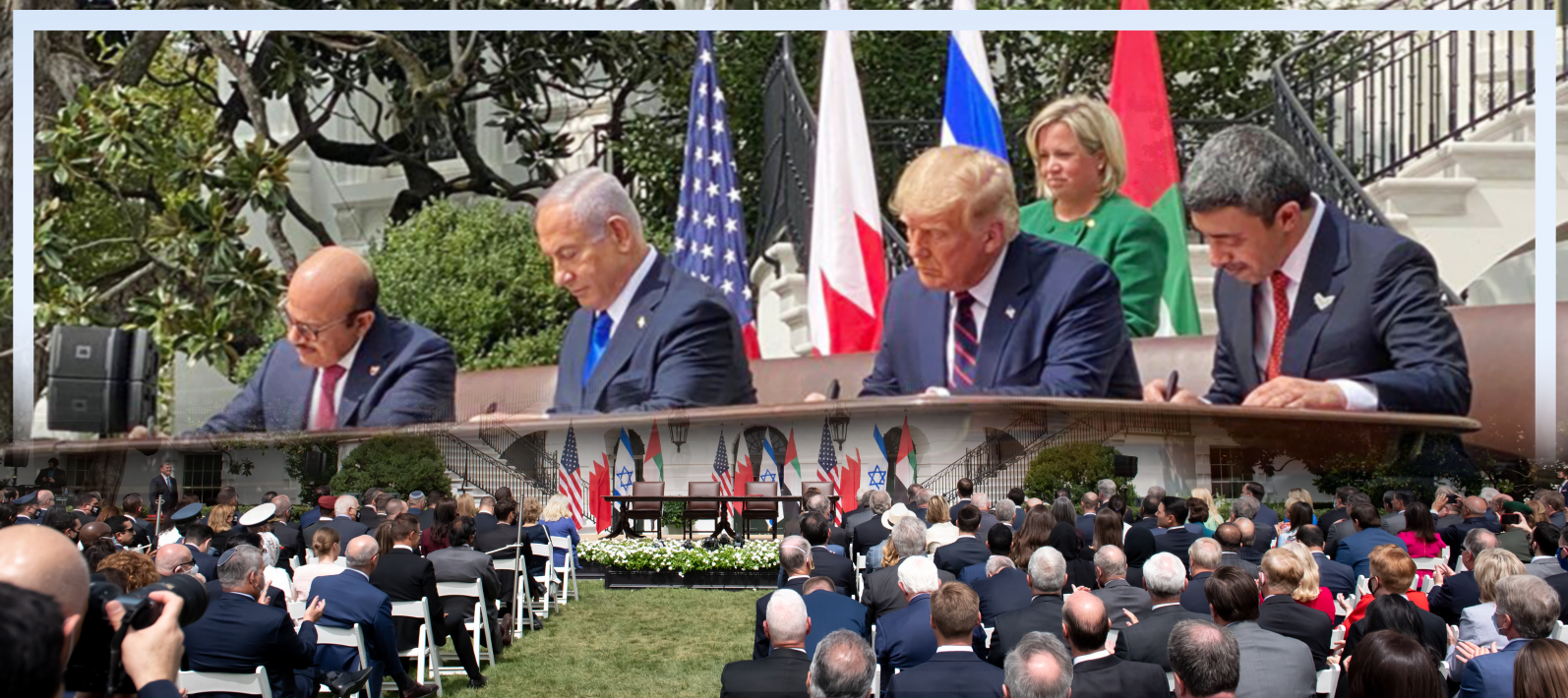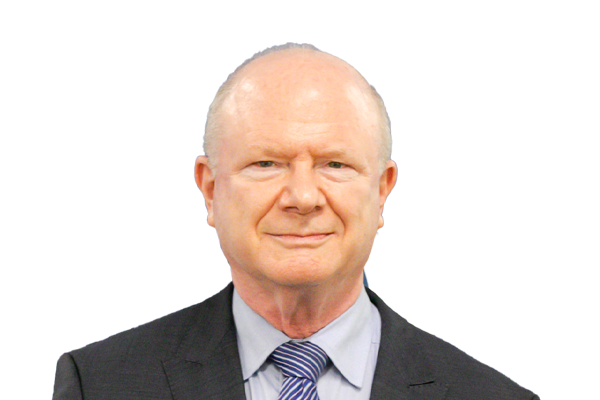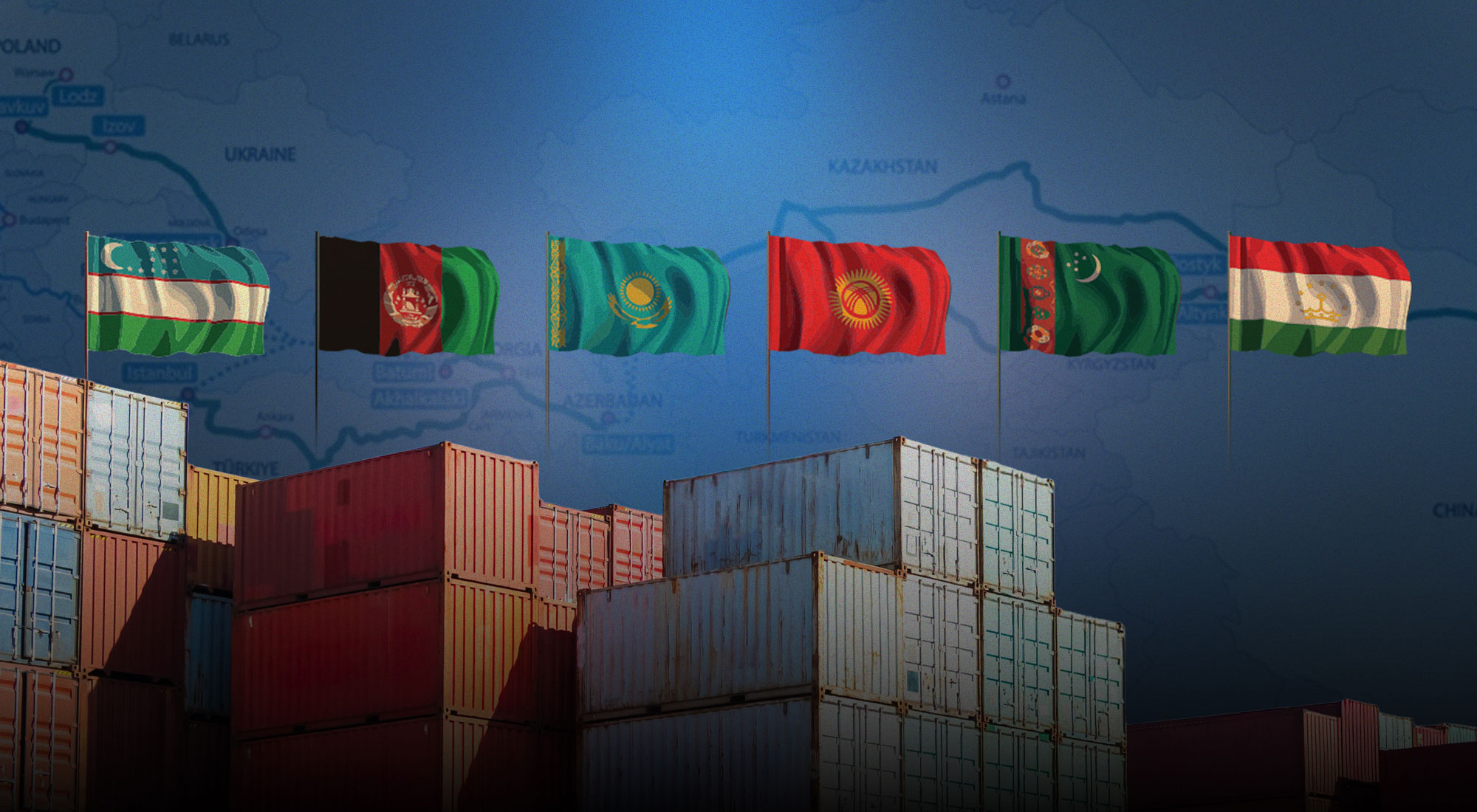September 15 marks
the third anniversary of the signing of the Abraham Accords on the White House
lawn, an occasion that American Jewish Committee (AJC) is delighted to celebrate
with our partners across the region.
These
remarkable agreements, establishing normal relations between Israel and both
the United Arab Emirates and Bahrain, represent the most significant
breakthrough in Middle East diplomacy in decades, ending the prolonged period
of stalemate in Arab-Israeli relations that followed the deadlocked
Israeli-Palestinian peace process and setting a new paradigm for peace-making.
Not long afterward they were followed by the announcement of the establishment
of normal relations between Israel and Morocco.
Benefits of the
Accords
Part of the
successful formula for the Accords is attributable to the way the new relations
with Israel were crafted to meet the varying needs of the parties. For example,
the UAE achieved an agreement to freeze an Israeli government plan to annex
much of the West Bank as well as a U.S. commitment to include the UAE among the
small group of countries eligible to buy the F-35 fighter aircraft, even if the
Biden administration has set new conditions for the sale of the aircraft
which the Emiratis have not accepted (U.S.-UAE discussions on this issue are
ongoing). Bahrain focused on a closer security relationship with Israel in the
face of ongoing Iranian threats, and in February 2022, the two countries’
defense ministers signed a security cooperation agreement; a visit to Manama by
Israeli Foreign Minister Eli Cohen on September 3-4
reportedly focused in part on advancing a free trade agreement between Bahrain
and Israel.
Morocco sought a
side agreement from the United States recognizing its sovereignty over the
Western Sahara, something Prime Minister Benjamin Netanyahu
subsequently addressed in a letter to King Mohammed VI in July. Israel gained a
new set of Arab diplomatic and economic partners and a powerful new narrative
about the benefits of recognition and cooperation that continues to push back
against calls for boycotting and demonizing Israel. The United States, for its
part, demonstrated anew its diplomatic prowess and essential mediating role
while contributing directly to the region’s peace, security and prosperity.
The Abraham
Accords have ushered in a new era of trade and investment, tourism, technical
cooperation in energy, scientific research, water desalination and desert
agriculture, and state-of-the–art medical technology. The COP28 climate conference in Dubai later
this year will provide an opportunity to highlight the most advanced Israeli
technologies, including sustainable energy and water use, and open new avenues
of environmental cooperation. Between the UAE and Israel, the trade statistics
speak for themselves: according to official Israeli data, trade of goods
(excluding software) in the first seven months of 2023 reached $1.84 billion,
an increase of 30.45 percent from the previous year. Trade between Israel and
Bahrain and Israel and Morocco is at much lower
levels, but the trends are upward.
Regarding
tourism, according to the Abraham Accords Peace Institute, Israel is the eighth-largest
source of tourists to Dubai and the ninth largest to Abu Dhabi, despite
Israel’s relatively small population. Many commentators have noted that tourism
among Abraham Accords countries largely flows in one direction, but estimates
suggest almost 40,000 tourists from the UAE, Bahrain and Morocco are expected
to visit Israel by the end of this year. Considering that these are countries
that had no formal relations or officially approved contacts until three years
ago, this range of peaceful engagements among Israelis and Arabs is truly
remarkable.
A New Era of
Jewish-Muslim Dialogue
A historic
process of reviving the once-rich Jewish contribution to the region’s Islamic
civilization is underway, separately but in parallel to the development of
normal diplomatic and economic relations with Israel. A thriving Jewish
community is growing rapidly in the UAE, under the benevolent protection of the
Emirati authorities. Attracted by the UAE’s economic dynamism and openness to talented
experts and entrepreneurs of all backgrounds, Jews representing many
nationalities and streams of Jewish religious practice are making the UAE their
home. Bahrain has built on the presence of the Gulf’s only indigenous Jewish
community to revive Jewish life and restore the use of the kingdom’s
century-old synagogue.
Jewish visitors
to the UAE and Bahrain from the United States, Israel, and Europe are amazed to
see the flourishing Jewish life that has blossomed just in the past few years.
Many Jews note that they feel safer and more secure wearing a kippah or a Star
of David necklace in public in Dubai or Abu Dhabi than they would in New York,
London or Paris. The opening of the first purpose-built synagogue in almost one
hundred years took place in Abu Dhabi earlier this year, while the traditional
synagogue in Manama’s old market has been renovated and reconsecrated. Both
these developments took place with the blessing of the UAE’s and Bahrain’s
royal families. These are developments of great significance that portend a new
spirit of mutual respect and dialogue between Jews and Muslims, in sharp
contrast with the well-documented wave of antisemitism that plagues Jewish
communities around the world.
At the opposite
end of the Arab world, Morocco has long protected and preserved its Jewish
community and now welcomes tens of thousands of Israeli tourists a year. Ties
between Israel and Morocco are profoundly enriched by the hundreds of thousands
of Israeli Jews of Moroccan and other Maghrebi origins who cherish their North
African roots and traditions.
New channels of
dialogue and interaction are blossoming between Jews and Muslims in the Abraham
Accords countries but also in the United States, Europe and elsewhere around
the world. Increased understanding and engagement between Jews and Muslims
promise to have a global impact, even as increased migration, economic stresses
and social media conspiracy promotion have contributed to rising antisemitism
and anti-Muslim hatred. This is our challenge: to redouble our efforts to
promote dialogue and understanding and to reject ignorant and hateful
stereotypes.
The Changing
International Context
Since the
signing of the Accords three years ago and the message of hope they sent around
the world, we have also witnessed a rise in international conflict and tension. At the
time of the signing of the Accords, tensions between the United States and Iran
were at their peak. Many American and Israeli analysts saw the Accords as part
of an effort to build a regional anti-Iran coalition, but this was always a
misreading of the motivations of our Gulf partners, whose primary strategic
goal is the maintenance of peace and stability.
With the
support of the United States and Europe, India has embraced the new
opportunities for cooperation represented by the Abraham Accords. The I2-U2
bloc of India, Israel, the UAE and the United States is all about benefiting
from the new opportunities for increased trade and investment linking India
with Israel and the Gulf, with the full support of the U.S. The I2-U2 is not a
security bloc and its members do not share a common foe. Instead, they are
focused on maximizing the development of strong trade and investment relationships
among all four countries, with an emphasis on food security and high-tech
investment.
The latest
dramatic development is the signing at the G-20 summit in India of a Memorandum
of Understanding on the Principles of an India-Middle East-Europe Economic
Corridor or IMEC, which will “stimulate economic development through enhanced
connectivity and economic integration between Asia, the Arabian Gulf, and
Europe,” according to the White House announcement. The idea is to build a
railroad network to connect regional supply chains much more efficiently from
India to Europe and vice versa. The railroad network will include cable for
electricity and digital connectivity and also lay pipe for hydrogen export. While
still at an initial stage, participants are scheduled to meet within two months
to develop and commit to an action plan with timetables and presumably funding
plans. This kind of future-oriented mega-project linking Israel with the Gulf
and Jordan could not have been considered seriously before the Abraham Accords
introduced a new vision of regional cooperation.
Iran at a
Crossroads
Despite the new
spirit of cooperation, Iran’s policy of confrontation continues to pose a
challenge. Saudi Arabia and the UAE are now engaged in separate diplomatic
efforts to reduce tensions with Iran, the outcome of which will have
long-lasting implications for international peace and security. Iran has an
opportunity to demonstrate it is prepared to live in peace with its Gulf neighbors
and cease its incessant efforts to undermine their stability and security – a
posture called into question by Tehran’s march toward near-nuclear threshold
status.
Even if
diplomacy produces a period of relative calm in the Gulf, Iranian threats
against Israel continue to rise. Iran’s efforts to surround Israel with a vast
arsenal of ballistic missiles stockpiled by Iranian proxies are incompatible
with a policy of non-aggression in the Gulf. Sooner or later, provocations by Iran’s
proxies will trigger a devastating Israeli response that may not be limited to
Lebanon and Syria. Further developing a Gulf-Israel early-warning network,
combined with a deepening, discrete regional security dialogue, will help contain
Iranian aggression and ensure that Gulf efforts to reduce tensions are
successful.
The Impact of
Israel’s Governing Coalition
I am often
asked how the formation of Netanyahu’s right-wing governing coalition has
affected the Abraham Accords. It would be disingenuous to ignore the impact of the
coalition’s far-right elements on Arab attitudes generally and among the
Abraham Accords partners specifically. Yet, it is essential to note these are
agreements between states and not specific governments, and as mentioned
earlier, trade, investment and tourism are all continuing to grow. The current
Israeli government may serve its full term, or it could fall due to a number of
unforeseen developments, including the tensions within Israel over the
government’s efforts to change the balance of power between the judiciary and
the legislature.
Israel’s
stability and reliability, along with its dynamic tech sector and military and intelligence
capabilities, are key to understanding the attraction of engaging it, despite
the risks of condemnation and rejection by some. Israel has too much at stake to
allow itself to descend into sustained unrest.
A broadly accepted, reasonable way forward on Israel’s judicial overhaul is a strategic necessity. I am confident that Israelis, government and opposition alike, have the good sense to recognize this reality and will find a way to reach consensus. As they do so, we will see the Abraham Accords as pointing the way to a more peaceful and prosperous future for the entire Middle East, including the Palestinians, should they decide to take advantage of the emerging opportunities.








